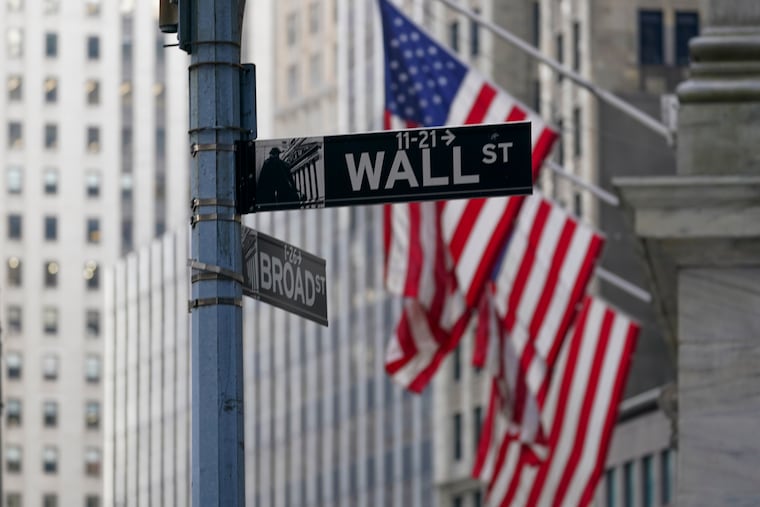Wall Street is pouncing on Russia’s cheap corporate debt
Finding ways to wager on distressed securities is standard fare on Wall Street. But doing so in the wake of Russia's widely condemned invasion of Ukraine brings unique risks.

As the U.S. and allies tighten sanctions on Russia and choke off investor demand for its assets, parts of Wall Street are jumping on the buying opportunity that it’s creating.
Goldman Sachs and JPMorgan Chase have been purchasing beaten-down company bonds tied to Russia in recent days, as hedge funds that specialize in buying cheap credit look to load up on the assets, say people with knowledge of the private transactions.
Banks routinely scoop up debt because clients asked them to, or because they expect to find ready buyers.
Finding ways to wager on distressed securities is standard fare on Wall Street. But doing so in the wake of Russia’s widely condemned invasion of Ukraine brings unique risks. World leaders are seeking to punish some Russian companies and cut the country off from the global financial system, and any firm perceived as working against those interests faces potential reputational damage, market watchers say.
“The whole point of the sanctions is to make them and their instruments untouchable,” said Athanassios Diplas, a veteran derivatives trader.
To be sure, the sanctions on Russia haven’t outright banned trading in the assets.
Goldman Sachs is primarily asking for corporate debt from the likes of Evraz, Gazprom, and Russian Railways that matures within the next two years, and has made bids for Russian sovereign notes, the people said.
Representatives for Goldman Sachs and JPMorgan declined to comment.
Russian corporate bonds denominated in foreign currencies have plunged to deeply distressed levels in recent days. The debt may soon be removed from major benchmarks, and concern is mounting that companies could miss principal payments.
JPMorgan was telling clients that it traded about $200 million of Russian and Ukrainian corporate debt Thursday, including from clients seeking to exit positions.
Still, some banks and fund managers are erring toward caution, either reining in or abstaining from such transactions amid the rapidly evolving situation, people familiar with the matter said.
At one major U.S. hedge fund, a decision was made to avoid Russian bonds entirely for now. The specter of holding debt that could become untradeable in another round of sanctions is too risky, and the war is just a week in. At another, the decision was made to look only at corporate bonds that aren’t majority-owned by the Russian government.
“What we’re seeing is a bit of revulsion — more and more institutions are steering clear of Russia due to reputational risks and pure difficulties in clearing and executing trades,” said Sally Greig, a money manager at Baillie Gifford in Edinburgh, Scotland.
Goldman Sachs is also trading credit-default swaps on names including Evraz and Gazprom, according to the people with knowledge of the situation.
Late Thursday, Russia was downgraded to CCC- by S&P Global Ratings, three levels above default, citing sanctions that have dramatically reduced available foreign-exchange reserves and are likely to restrict the ability of bondholders to receive interest and principal payments.